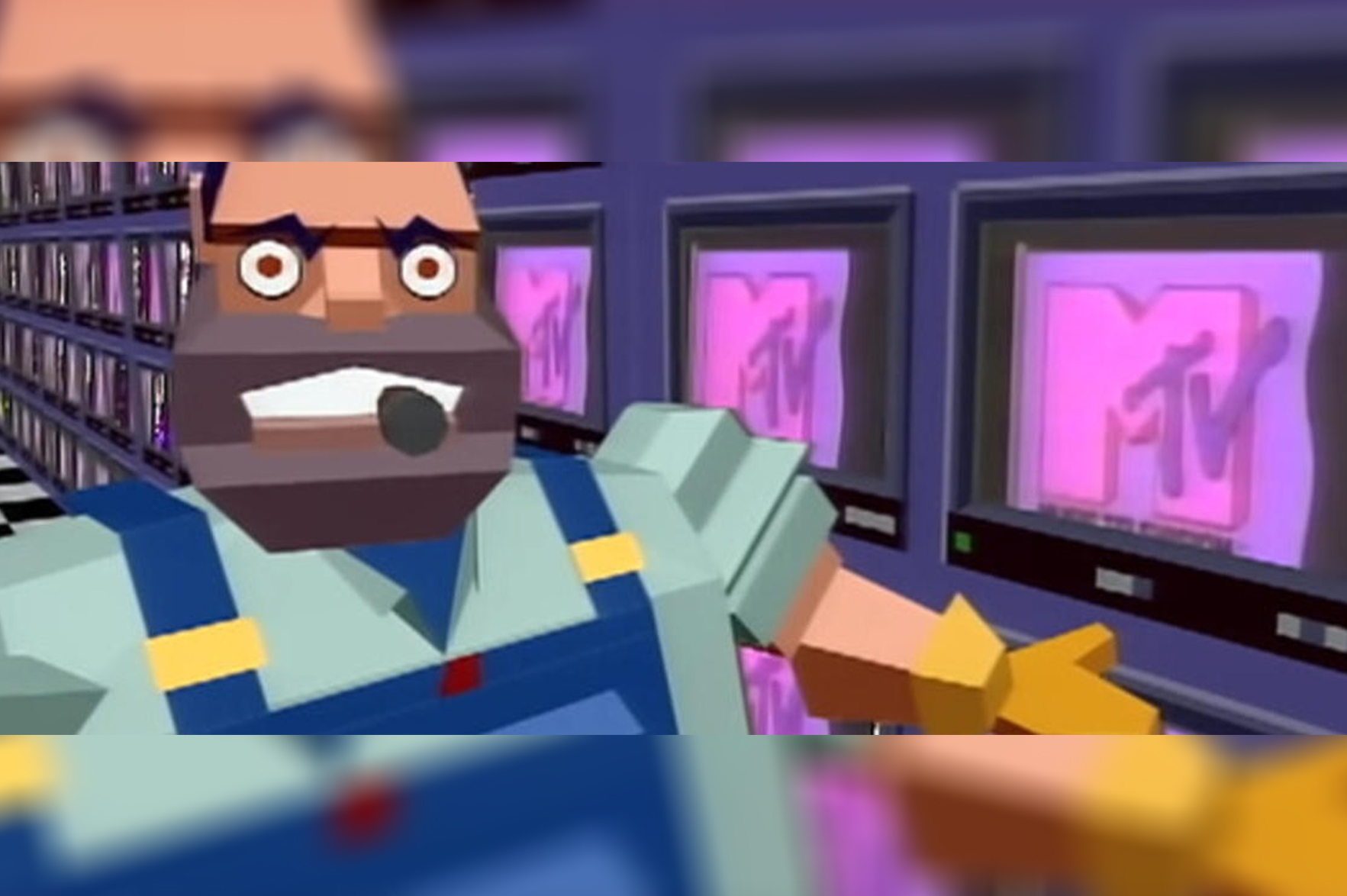DIRE STRAITS

If you tune into your local classic rock radio station and listen long enough, will almost certainly hear "Money For Nothing," by Dire Straits.
After all, it's one of the most iconic songs from one of the most memorable decades in music history.
In the summer of 1985, "Money For Nothing" spent three weeks at the top of the U.S. Billboard Charts. The song helped the album "Brothers In Arms" sell more than 30 million copies and reach No. 1 in more than 10 countries - including the U.S. U.K., Canada, France, Germany and Australia.
The groundbreaking computer-generated video helped elevated "Money For Nothing" to legendary status and gave an entire generation a new call to arms ...
I WANT MY MTV!
It's a song that seemingly everyone - of a certain age - can sing along with.
Or at least we thought so.
If you hear "Money For Nothing" on the radio today, you may notice that something is different.
Something is missing.
The song's third verse has been completely edited out.
"See the little faggot with the earring and the makeup ...
Yeah, buddy, that's his own hair ...
That little faggot got his own jet airplane ...
That little faggot, he's a millionaire ..."
The corporate conglomerates who have control over most bland, boring FM radio stations across this country have deemed these lyrics unacceptable.
And they have been removed and replaced by a brief instrumental interlude.
That decision was almost certainly based on the use of one word ...
"Faggot"
That word was - and will always be - considered a slur.
And, yes, words DO matter.
But, so DOES context.
Mark Knopfler's inspiration for "Money For Nothing" was a conversation he overheard between two employees at an appliance store in New York City. They were watching a wall of televisions, all of which were showing music videos on MTV.
One of the employees, who was picking up boxes to be delivered, said, "That ain't working," which because a key line in the song.
"Now look at them yo-yos, that's the way you do it ...
You play the guitar on the MTV ...
That ain't workin', that's the way you do it ...
Money for nothin' and your chicks for free ..."
This scene is recreated in the video with a portly, cigar-smoking, delivery man and his co-worker (voiced by Sting) watching the televisions and complaining about how hard they have to work, while those guys on MTV get their money ... well, for nothing.
The "little faggot with the earring and the makeup," is crass commentary on the flashy, glam and androgynous fashion style of 1980s pop rock/stars.
Period.
Motley Crue bassist Nikki Sixx has even claimed - without any proof, of course - that the lyrics were written about him and his band.
Dire Straits did not initially embrace the televised music revolution in the early to mid-1980s. They showed little interest in making videos and gained a reputation as a "radio band."
What did Knopfler and his bandmates think of the popular music of that era?
Just look at the lyrics from their biggest hit.
"What's that? ... Hawaiian noises? ... Bangin' on the bongos like a chimpanzee"
Ironically, the song which won them an MTV VMA for Best Video was poking fun at most of the other music on the cable channel at the time.
Check out the fictitious video clips (by fictitious bands) playing on the televisions in "Money For Nothing."
"Baby, Baby" by First Floor - which features a leader singer which that delivery man probably would have called a "faggot" - and "Sally" by the Ian Pearson Band off the album "Hot Dogs."
Speaking of Sally ...
She dances around in her underwear as the outraged, but intrigued, employees watch, "Look at that mama, she got it stickin' in the camera man ... We could have some ..."
"Money For Nothing" is satirical storytelling at its best with a soundtrack highlighted by one of the most unforgettable guitar riffs of all time and wonderful backing vocal performance by Sting.
And four decades later, it doesn't need to changed.
If the dictators of domestic free radio believe that the use of one word (yes, three times) is so offensive, then just don't play the song.
Removing just one verse is nothing but a symbolic act of stupidity.
Several unedited versions of the song, including the original album cut, which is almost 8-minutes long, are still available on streaming services - including Spotify.
These companies haven't faced any backlash (that I know of).
You can't erase - or edit - the past.
So, in the end, it's just selective outrage that really means and signifies ... well, nothing.
